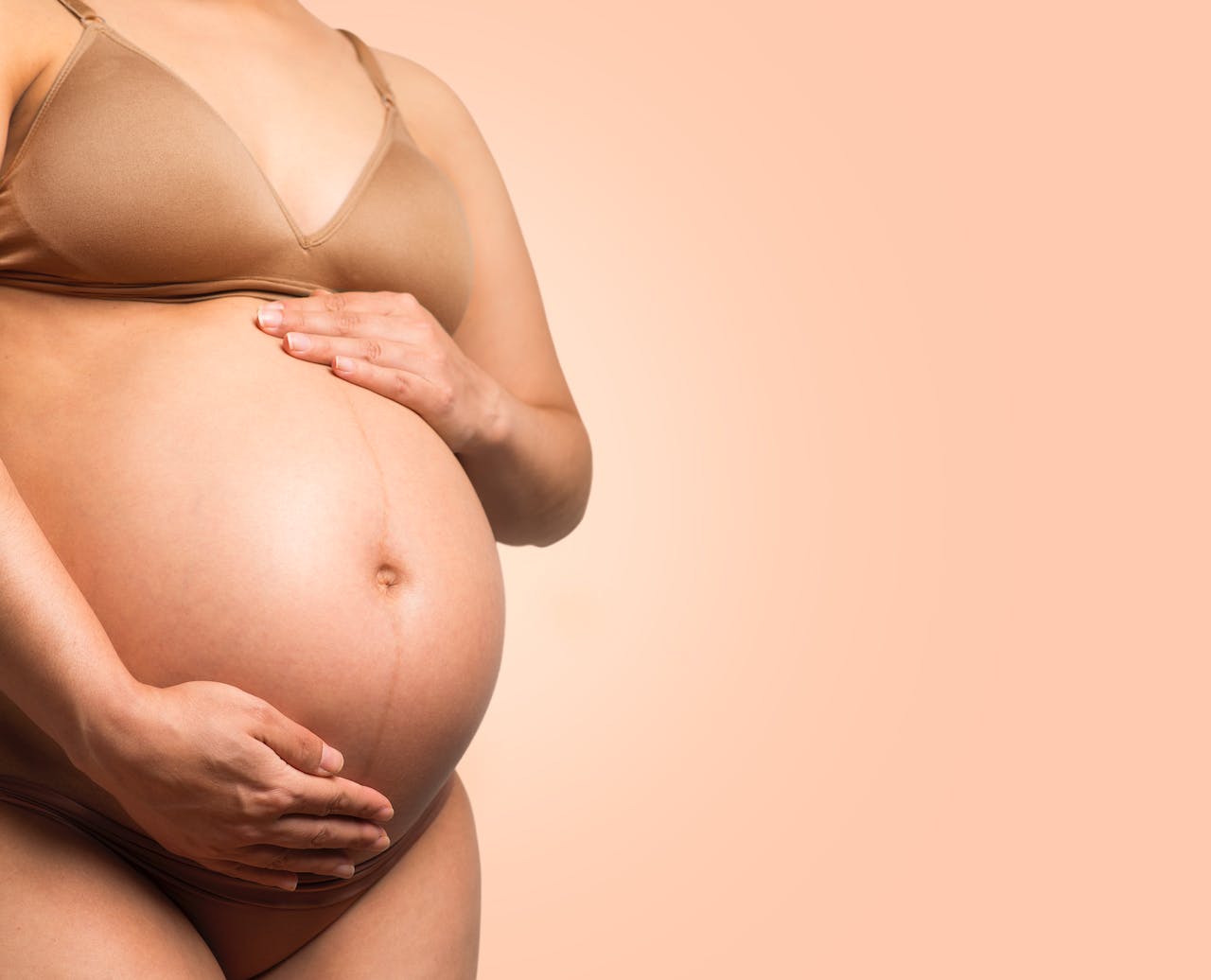Home
Pregnancy & Breastfeeding Tips for New Moms: Preconception, Pumping & Parenting Support
First Trimester | Early Signs of Pregnancy: How to Tell That You’re Expecting

First Trimester | Early Signs of Pregnancy: How to Tell That You’re Expecting
Trying to get pregnant can be both exciting and nerve-wracking, and if you’ve been trying for a while and believe you might have accomplished your goal, there are always certain ways to know for sure. If your periods have always been irregular, it’s a little more difficult to know for sure if you’re pregnant, so it’s good to look for other signs besides a missed period. Below are some of those signs.
1. Nausea
As most people are already aware, morning sickness is common in the first trimester of pregnancy, and being nauseous, with or without actually vomiting, is often the first sign that someone thinks she’s pregnant. In fact, experiencing nausea during pregnancy is something most pregnant women deal with and it can start as early as four weeks.
If you’re interested in learning more about coping with pregnancy nausea, it’s a lot easier than it seems. You might start by tracking your nausea so you know when you’re the most vulnerable. Eating smaller meals, smelling scents such as citrus and some herbs, staying hydrated, and drinking ginger tea can also help.
2. You’re Urinating More Often
Even in early pregnancy, you may start taking more trips to the bathroom, and there are numerous reasons for this. For one thing, your kidney is growing and your uterus is expanding. Your hormones are also changing and the blood is circulating more intensely to the pelvic area. As the pregnancy progresses, the baby will put pressure on your bladder, which is yet another reason why you have to pee more often.
3. Mild Cramping
If you bleed a little in the first trimester, it is usually not a concern, and you can also experience mild cramping due to the fact that the uterus is expanding. In most women, it can feel like menstrual cramps, and it can happen very early on in the pregnancy. Other tummy problems that you may experience in the first trimester can include constipation, bloating, and heartburn. If you are having any of these issues, it might be because you’re pregnant and you don’t know it yet.
Keep in mind that bleeding after the first trimester should immediately be reported to your doctor, as it is not normal in most cases.
4. A Feeling of Lightheadedness
Even people who have never had dizziness or lightheadedness in the past might experience these things in early pregnancy. They are caused by a change in your blood pressure, growing weight that can affect your balance, and of course, your changing hormones. That being said, it can also be caused by an iron deficiency or other medical issues, but once the doctor confirms your pregnancy they’ll do a complete blood workup so that the issue can be identified.
Lightheadedness can also be made worse if you get up or lie down too quickly or even if you change positions quickly. Taking it a little slower when you’re pregnant can help.
5. Breast Changes
The most common breast changes in early pregnancy include soreness and tenderness, and it’s the first sign that they’re pregnant for some women. Within two weeks of conception, it’s possible for you to experience changes in your breasts. This can include a tingly feeling or even extra sensitivity in the breasts, nipples, or both.
Breast changes are caused because the breasts are preparing themselves for lactation. As a result, breast tissue increases, the nipples may darken, and the veins in the breast area can become more noticeable. All of these things are normal.
6. Fatigue and Extreme Tiredness
In the first twelve weeks of pregnancy, fatigue and tiredness can make you miserable. In fact, many women experience extreme fatigue even if they take naps during the day, and they describe it as a “different type” of fatigue from what they’ve had in the past. There are now many physical demands on your body in order to accommodate the growing fetus, and this usually results in being extremely tired much of the time.
Fatigue is also the result of the increase in progesterone that your body is making, which is essential to the fetus. Nevertheless, that progesterone can make the mom-to-be very tired. Fatigue later in the pregnancy is usually the result of carrying around so much extra weight.
7. Frequent Headaches
For women who aren’t used to getting headaches, pregnancy headaches can be awful. Even if you’ve had headaches in the past, getting headaches while you’re pregnant is never a lot of fun. The fact that your hormones are changing so much is the reason for these headaches, and you should know that they will not harm the fetus in any way.
If you find that your headaches are severe and/or they’re accompanied by other symptoms such as blurred vision, you should call your doctor sooner rather than later. The headaches may be normal, but they can also be a sign of something more serious, such as preeclampsia or a few other conditions. If you’re even thinking about getting pregnant and you experience severe headaches, it’s time to call your doctor.
Conclusion
While a missed period is often the first sign of someone being pregnant, that is not always the case. Some women have irregular periods and some women will have a period at the beginning of their pregnancy. Fatigue, breast changes, nausea, lightheadedness, cramping, and more frequent urination are other ways that may mean you’re expecting a baby. There are other signs as well.Share


